Upton Talks Raspberry Pi SoC: Why We Named it RP2040
We may only see one more official RP2040 board
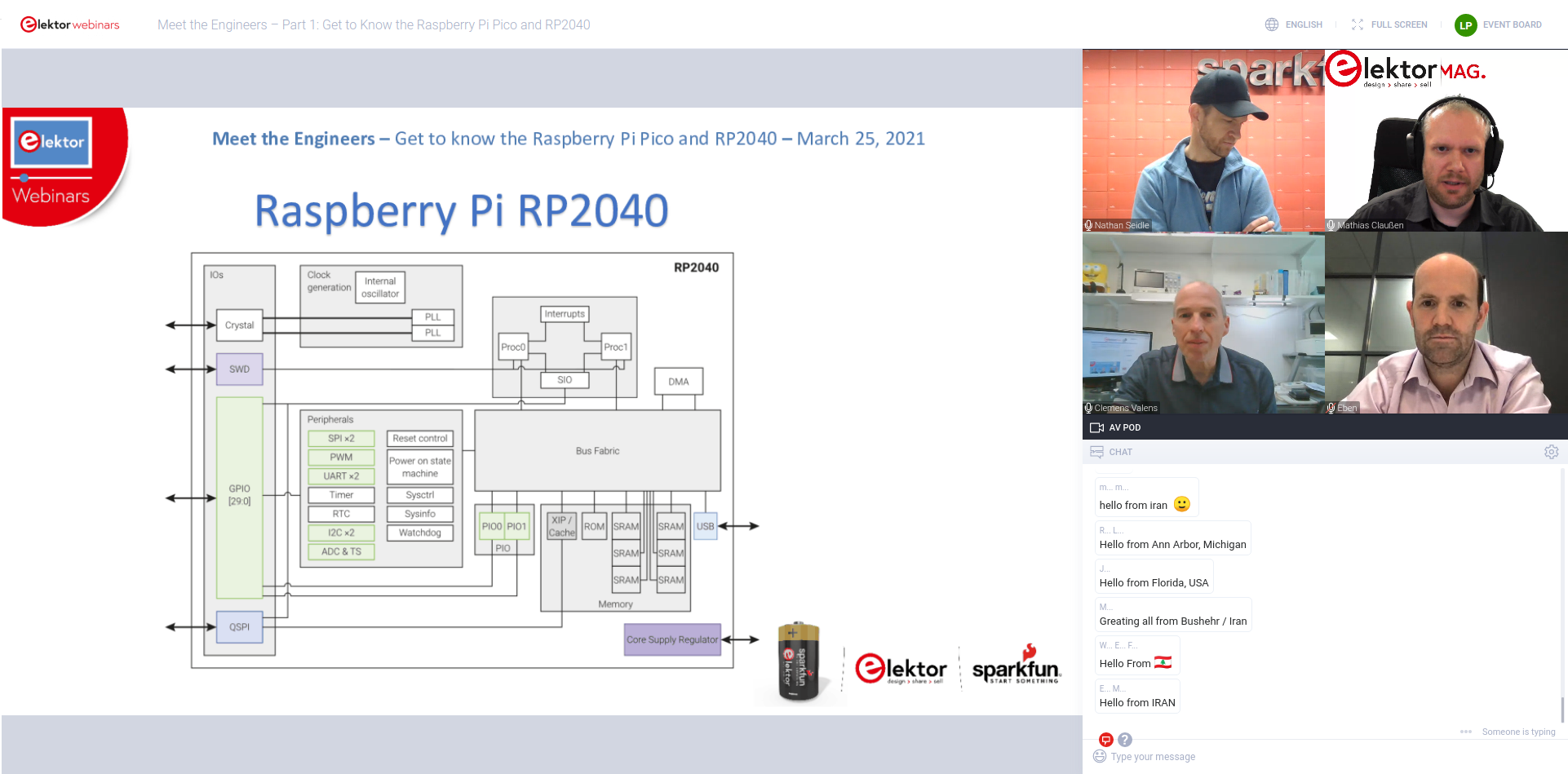
In a recent Elektor "Meet the Engineers – Part 1" livestream Raspberry Pi co-founder Eben Upton and SparkFun founder Nathan Seidle discussed their RP2040 boards and, during the livestream, Upton explained the meaning of the digits in the RP2040 name and explored the possible future of the chip which powers the Raspberry Pi Pico, a chip which may only be seen in one more official board.
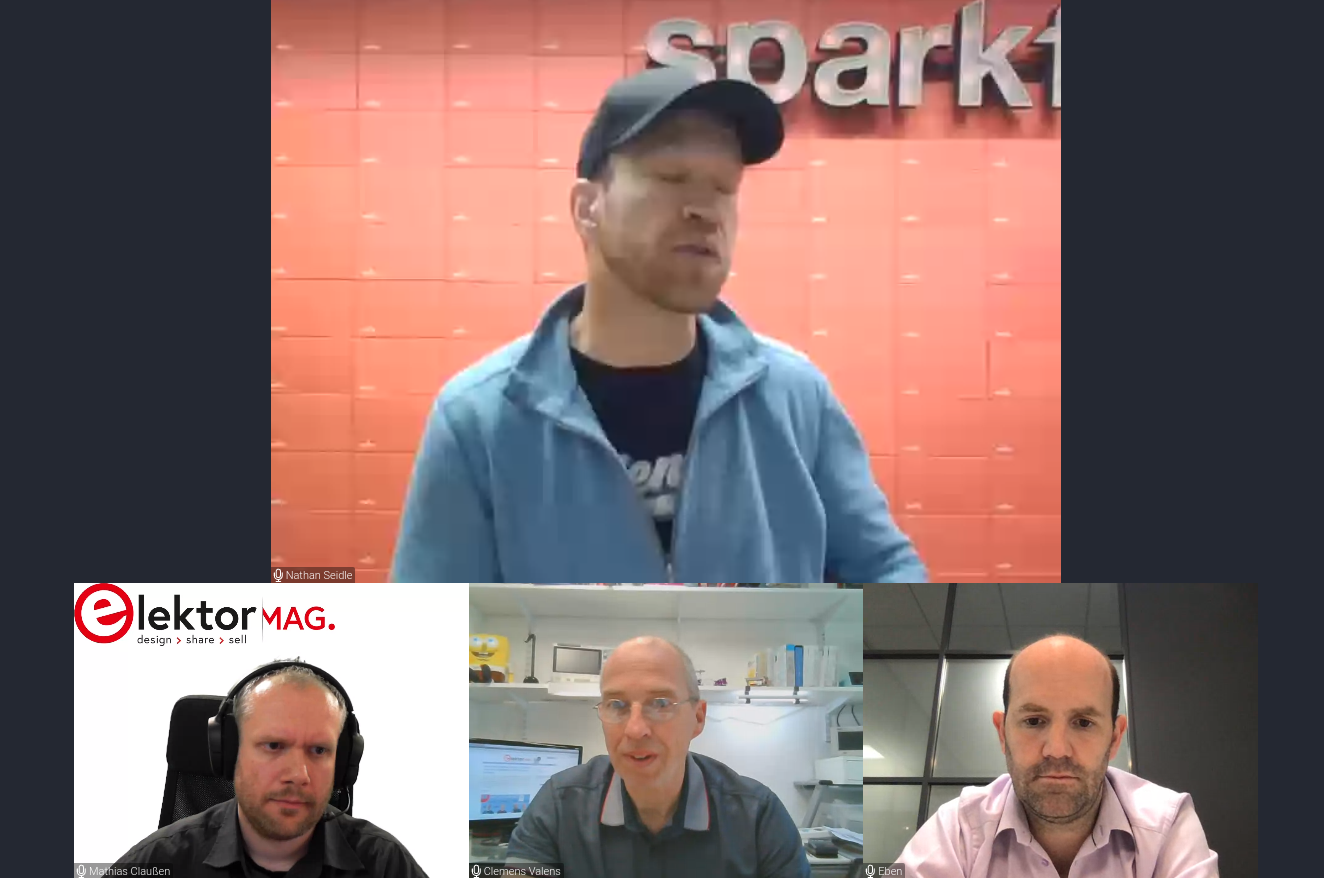
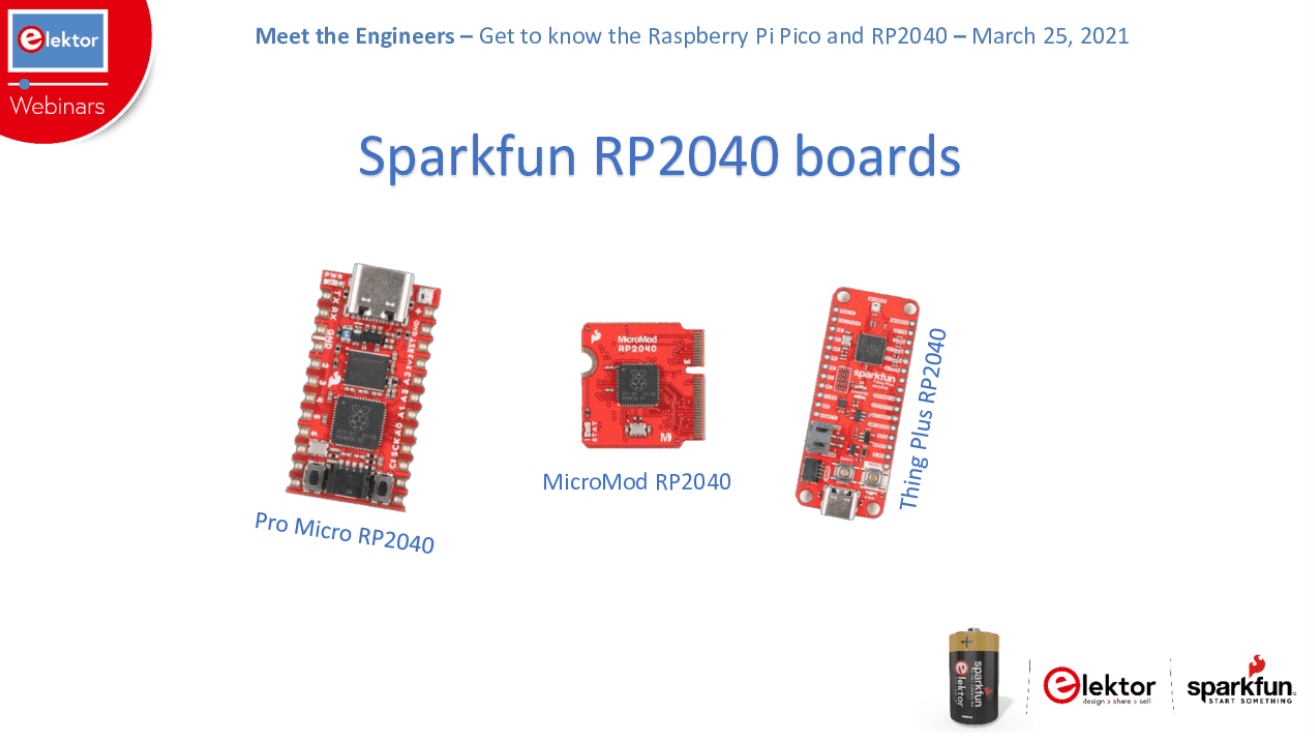
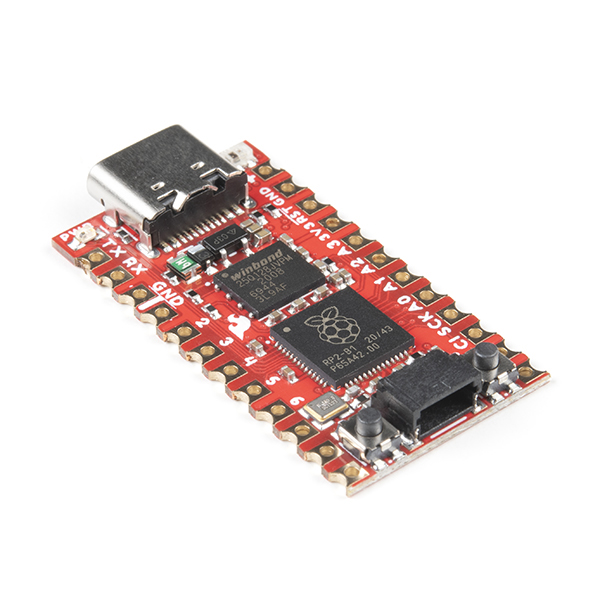
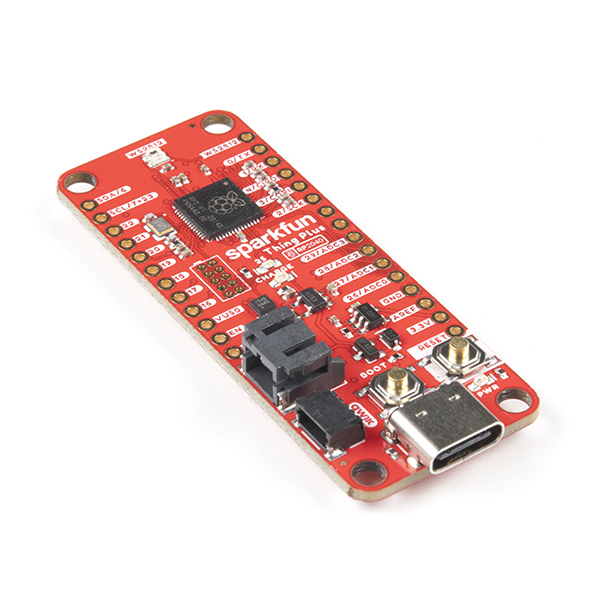
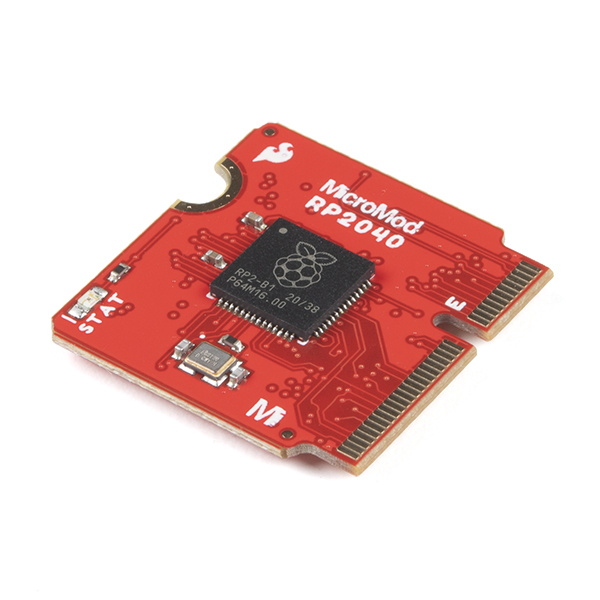
The heart of the Raspberry Pi Pico and other partner boards is the RP2040, a system on chip that provides the Arm Cortex M0+ running at up to 133 MHz with 264KB of SRAM. In the livestream, Upton decoded the RP2040 name.
The number 2 is for two cores because the RP2040's CPU is dual core. The number 0 is for the CPU, an Arm Cortex M0+, the number 4 is for 256KB of RAM 2 ^ 4 x 16KB. The final digit, 0 refers to no flash. Upton then went on to invent another chip to illustrate the convention using a quad core Arm M3 CPU with 256KB of RAM and no flash which he said would be called a 4340, if it existed.
Upton went on to say that, if he can do one more chip with his naming convention, then it will be successful. Later in the stream, Upton revealed that "we are unlikely to do more than one or two products with RP2040 in them" so the next 'Pi Silicon' board could be the last from Raspberry Pi to feature the RP2040.
Further in the livestream, Upton explained that the Raspberry Pi Pico is in a backlog, with 1.1 million orders being taken and 3 to 400,000 orders being shipped. This leaves a backlog of approximately 800,000 Raspberry Pi Picos, and there are around 60 to 80,000 chips manufactured per week. The best case scenario is that the backlog is cleared in ten weeks but Upton later mentioned that it may take a full quarter.
The Raspberry Pi Foundation is not alone in producing RP2040 boards. There are partners such as SparkFun who have three RP2040 boards ready for sale. These include the SparkFun Pro Micro RP2040, which is a DIP package chip similar to the Pico in layout and the SparkFun Thing Plus RP2040, which Seidle confirmed is compatible with Adafruit's Feather form factor and features a full 16MB of flash storage.
The curve ball of the three SparkFun boards is the MicroMod RP2040 Processor, a board that resembles an M.2 device and requires a carrier board to break out the GPIO pins. The ultimate goal of this board is to be embedded in custom projects. Further into the call, Upton explained that innovation doesn't just come from one organization and that the community is where the best ideas come from. "Even though we are in a shortage situation for our own product, we are still diverting quite substantial amounts of silicon to partner products," he said. Other partners are Adafruit, which makes the Feather RP2040, Pimoroni with its Tiny 2040 and Arduino with the Nano RP2040 Connect. During the livestream we took part in the Q&A and asked if the RP2040 would find its way onto 'mainstream' Raspberry Pi boards such as the model B. Upton explained that there is "there's no money in the bill of materials for it." In effect, this means that cost of manufacturing a regular Pi with an RP2040 on it would be too high to maintain the current price structure.
Get Tom's Hardware's best news and in-depth reviews, straight to your inbox.
Upton further explained that there is "no bill of materials space for a 10 cent ADC (Analog to Digital Converter) , there wouldn't be room for an RP2040 in there". Will some of the technology make its way on to future Raspberry Pis?
"We are a long way away from a Raspberry Pi 5," Upton said. "Will the capabilities and some of the technologies make their way into future Raspberry Pi products? Almost certainly". Upton also stated that he would love to see the Programmable IO of the Raspberry Pi Pico make its way to the Raspberry Pi.

Les Pounder is an associate editor at Tom's Hardware. He is a creative technologist and for seven years has created projects to educate and inspire minds both young and old. He has worked with the Raspberry Pi Foundation to write and deliver their teacher training program "Picademy".